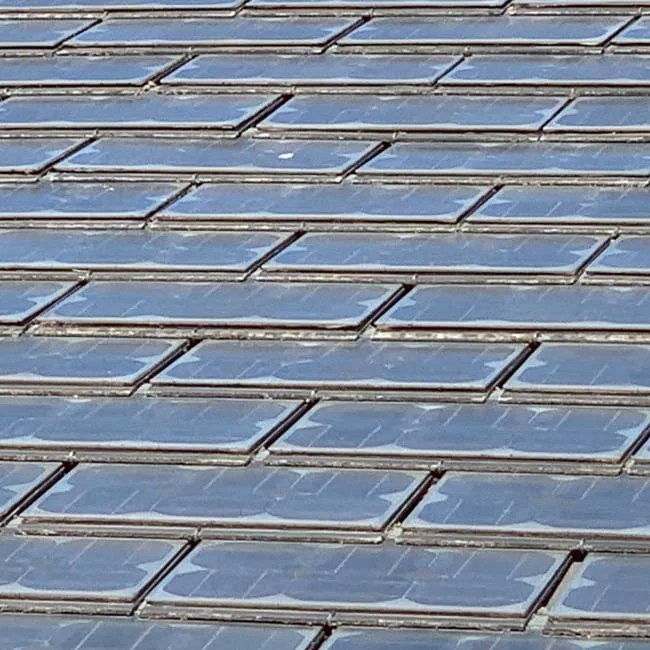Your roof plays a crucial role in protecting your home, keeping it safe from the elements. However, it can also serve another purpose beyond shelter – generating clean, renewable energy. When it comes to making the most of your roof, you might be torn between traditional roofing and solar panels. Each option has its own set of advantages and drawbacks. Let’s delve into the pros and cons of roofing and solar panels to help you make an informed decision for your home.
Traditional Roofing:
Pros:
- Protection and Aesthetics: The primary purpose of a traditional roof is to shield your home from rain, wind, snow, and other environmental factors. It also contributes to the overall aesthetic appeal of your home.
- Durability: High-quality roofing materials can last for decades, providing long-term protection and value.
- Cost-Effective: Roofing typically requires lower upfront costs compared to installing solar panels.
- Low Maintenance: Traditional roofing generally requires minimal maintenance, with occasional inspections and repairs.
Cons:
- Energy Consumption: Traditional roofs do not generate electricity, which means you miss out on potential energy savings.
- Environmental Impact: Traditional roofing materials, such as asphalt shingles, can be less environmentally friendly due to the production and disposal of materials.
- Missed Opportunity: By not utilizing your roof for energy generation, you miss out on the potential to reduce your energy bills and carbon footprint.
Solar Panels:
Pros:
- Renewable Energy: Solar panels convert sunlight into electricity, providing a clean and renewable energy source for your home.
- Energy Savings: Solar panels can significantly reduce your electricity bills, especially in sunny regions.
- Environmental Benefits: Solar panels help reduce greenhouse gas emissions and contribute to a more sustainable future.
- Incentives and Rebates: Many governments and utilities offer incentives, tax credits, and rebates for installing solar panels, making them more financially attractive.
Cons:
- Upfront Costs: Solar panel installations can be expensive, with the need for initial investment in panels, inverters, and installation.
- Aesthetic Impact: Some homeowners may find solar panels less visually appealing and worry about the effect on their home’s curb appeal.
- Intermittent Production: Solar panels depend on sunlight, which means energy generation may be reduced on cloudy days or during nighttime.
- Maintenance: Solar panels require occasional cleaning and maintenance to ensure optimal performance.
The choice between traditional roofing and solar panels depends on your priorities and budget. If you prioritize long-term protection and have a limited budget, traditional roofing may be your preference. However, if you are committed to sustainability, want to reduce your energy bills, and can make the initial investment, solar panels are a wise choice.
In some cases, homeowners even combine both options by integrating solar panels into their roofing system. This approach allows you to enjoy the benefits of both protection and renewable energy.
Ultimately, the decision should align with your energy goals, financial capacity, and aesthetic preferences. Whichever option you choose, it’s essential to consult with professionals in the field to ensure a successful installation and a roofing solution that suits your needs.
Atlanta Roofing Specialists is a full service residential and commercial roofing contractor serving Metro Atlanta for over 30 years! To schedule a free estimate for your home or business call (770) 419-2222 today.

